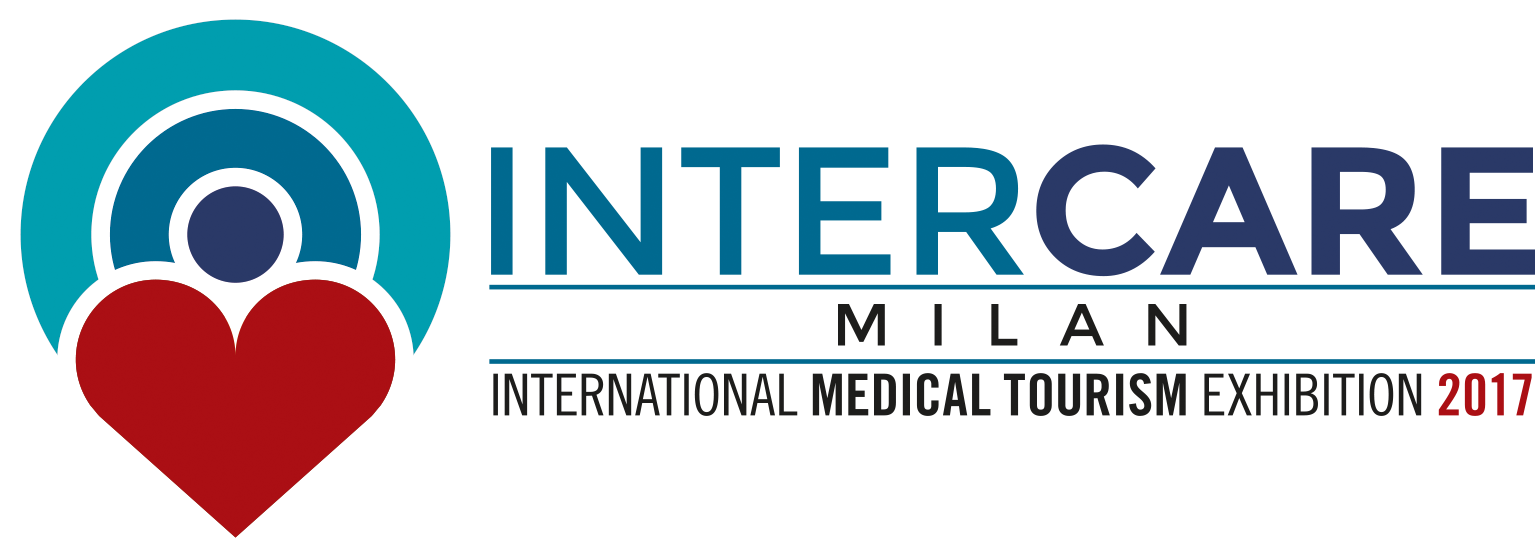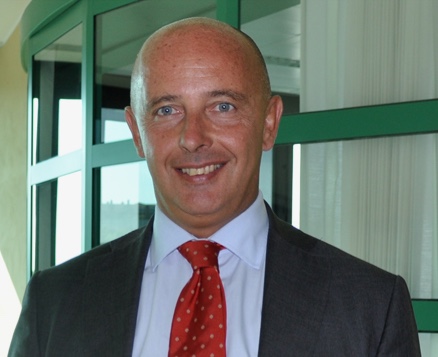Lombardy is the only region that created a group, within the regional branch of Confindustria (Assolombarda), dedicated to the internationalisation of its healthcare system. Where does this idea arise and what objectives does it have?
The group, which now counts 15 hospitals in Lombardy, arises from the awareness that Lombardy has one of the best healthcare systems worldwide and can therefore compete with international healthcare providers. The original idea was born during Expo 2015 and, together with Cristian Ferraris, Head of Category Groups at Assolombarda, we began working on this project, aware that only by making system, it would be possible to compete with international healthcare districts. We could count on two excellences as a starting point: the overall National Health System, second only to France in WHO rankings, and the specific one in Lombardy, which, thanks to its public and private hospitals, research centers and universities of Medicine, sets itself at the top in the national health organization. The first challenge to tackle was at a cultural level: Italian hospitals, including private ones, have grown over time, considering the National Health System as the only customer. Therefore, an effort from an organizational, logistical and cultural perspective was required to open up to internationalization, also by adapting management and quality standards accordingly. This has further increased the quality of Lombardy health facilities.
What are the peculiarities of the Lombardy healthcare system and what are the winning assets at international level?
Today, there’s no “Made in Italy” brand in Health. Probably, there is no common awareness of the value of our system and of the capacity of our facilities. In a world that moves largely on word-of-mouth and on trust, in the first place among doctors but also from patient to patient, this the first disadvantage that needs to be filled quickly, especially if compared to Countries such as USA, UK, Germany or France that have been working for several years in this direction. It is therefore necessary to build an integrated system, to share knowledges, skills, but also investments to create a “critical mass” and develop common initiatives. First of all among hospital facilities but also through associations like Confindustria or government institutions, as is the case abroad. Turkey, for example, largely finances funds in the form of grants for several marketing activities promoted by the healthcare system. Without considering the financing issue, it would be enough to align our regulations to those of other European Countries: I think of VAT that, for example, German and Spanish hospital do not need to include in their bills for international patients, thus providing a decisive competitive edge in pricing; also the modalities of issuing Schengen visas, even when complying with the regulations, Consulates are not equally sensitive to issuing healthcare visas.
Competing at international level also means guaranteeing equal quality standards for patients in different structures and in different nations. What are the most used certifications?
There are so many valid certifications issued for specific specialties or units, but in my opinion, the only certification for hospital organization as a whole and internationally recognized that can be defined overarching is Joint Commission International. In 2002, Humanitas Research Hospital was the first General Hospital in Italy to obtain it, at the same time as other hospitals with single specializations. This certification is an essential business card for an international promotion as a consultancy or educational service provider, in a way that is not limited to patient care. Patients, who often write online, are very well informed and interested in quality indicators before choosing where to go to be cured, but being a varied audience it is not easy to generalise. Less than 1.000 hospital have obtained the Joint Commission Certification around the world, out of which 18 are in Italy, and 4 of them are part of the Humanitas Group. Lombardy Region has the merit of having introduced this certification over 10 years ago, proposing to some medical facilities, including Humanitas and IEO, a pre-accreditation project based on the Joint Commission Standards. Each structure had then the chance to voluntarily choose to continue along this path.
What kind of collaborations do you have with institutions and with other players in the Medical Tourism industry?
We have an international office with staff that is the first reference for patients and for the various stakeholders in the medical tourism industry. This structure follows the patient from the first contact until his return home and along post-care. We have actual administrative tutors that follow each patient in the management of the clinical record (translation of the medical record, identification of the reference specialist and of the tutor doctor, red tape, medical transports, reservation of location for the stay according to patients needs and requests…). One of the first rules for managing and developing these situations is flexibility and ability to adapt to cultural differences. But above all, transparency towards the patient. We tried several times to involve the tourism industry: operators could build strong links with Medical Tourism. This is often happening abroad, due to greater sensitivity to prevention of foreign patients, even youngsters, for example combining a holiday to hospitalization or to a check-up. However we have always received little feedback, so far.
What prompts patients to look out of their borders to find a cure? And what can they find in Italy?
The primary push for the Medical Tourist is always the awareness or fear of not finding an adequate response to their health needs in the country of origin. An ever more globalized culture ties in with this kind of needs. Our Country has the huge advantage of being known as a place of art, fashion and good food, and well connected with the whole world. In addition to this, a proper promotion of the fact that in Italy it’s possible to get check-ups and undergo high-quality medical treatments, besides Milan’s central shopping streets, would prepare the ground for medical tourism. Anyway, every nation and health district chooses a medical area of election and in Lombardy it must be High medical specialty. Oncology, neurology and orthopedics are definitely the three main areas in which we can emerge and compete globally.




No comments yet.